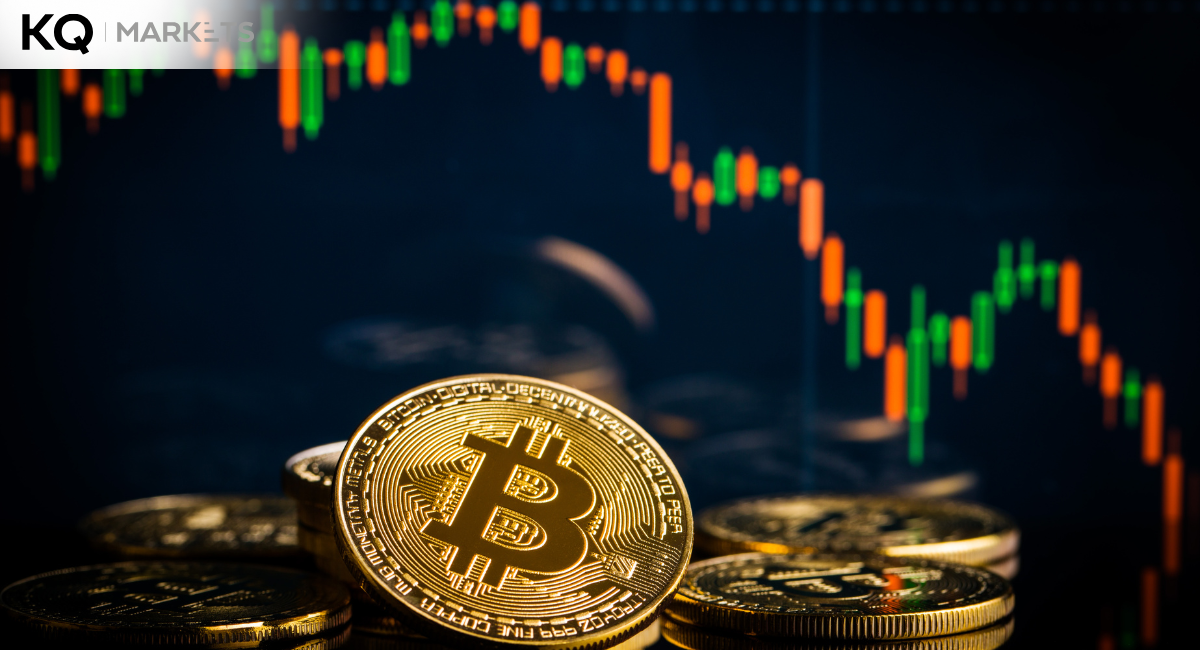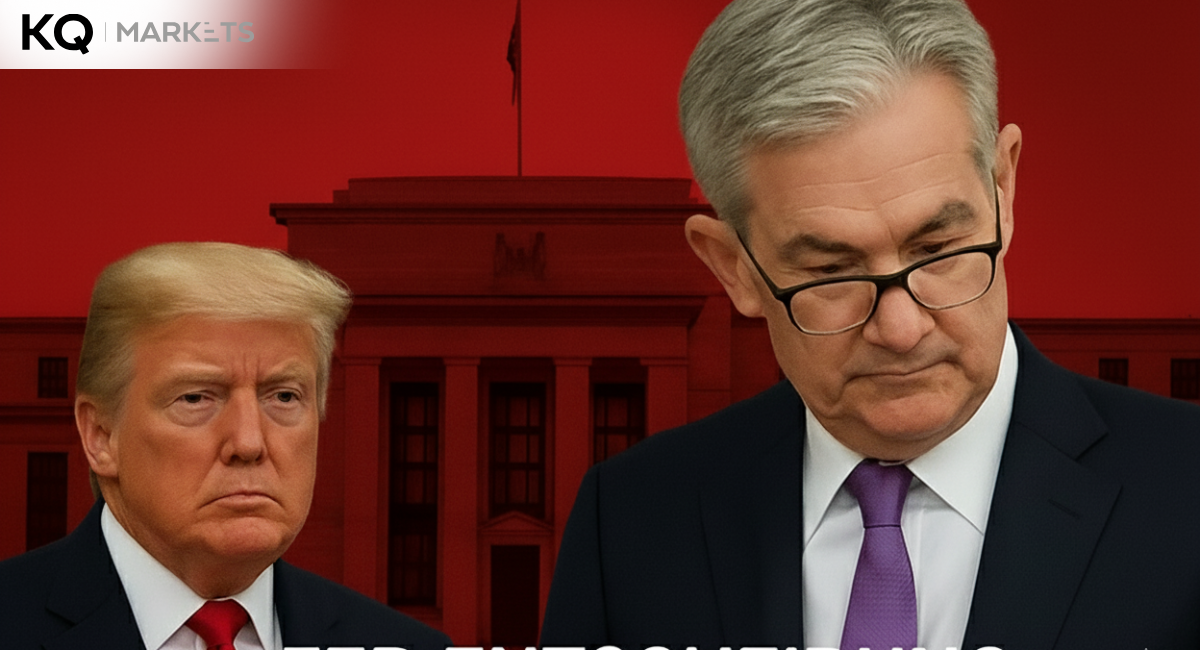The annual inflation rate fell sharply from 7.9% in June to 6.8% in July. But despite the third consecutive living cost monthly decline, the Bank of England still believes in raising borrowing costs further. The recent ONS (Office for National Statistics) CPI (Consumer Prices Index) report broadly matched analysts’ predictions that inflation would decline to 6.7%.
In any case, the ONS report indicated that the core inflation, which excludes the volatile energy and food costs, increased in 12 months to 6.4%. This core inflation rate in July 2023 matched the rate in June. With a 0.6% upsurge in July 2022, the consumer price index declined by 0.4% in July on a monthly basis. The CPIH (CPI owner occupiers housing costs) increased to 6.4 in July, falling from 7.3% in June. In general, the ONS concluded that inflation declined for the second consecutive month amid electricity & gas price decline.
The price decline comes after the UK's new energy price cap became effective. Nonetheless, the prices remain high, but food inflation has declined for products like cereals, bread, and milk. While the core inflation remained unchanged in July, the declining goods cost resulted from higher service prices. Meanwhile, non-alcoholic drinks and food inflation declined from 17.4% in June to 14.9% in July. The data further implied grocery prices were still rising.
Analysts expect BoE to keenly consider the inflation report before deciding the next bank rate. In the meantime, the central bank remains committed to its government mandate for a long-term 2% inflation rate target. The bank rate currently stands at 5.25% amid regular hikes. Bank of England will announce the next rate on 21st September, with analysts predicting a rise to 5.5%. Although UK inflation is significantly declining, the ONS reported a wage growth upsurge to a 7.8% record-high and an 8.2%, including bonuses.
Since higher wage settlements might raise inflation, it sounds a warning bell to BoE. Overall, trajectories indicate that wage increases might outstrip inflation in September and become the pension’s triple lock size determining factor. The UK will announce the pensions triple lock uprate in November and implement it on 6th April 2024. Investors believe the declining inflation rate showcases progress from the government’s fiscal prudence plan, proving it works.
But the inflation rate remains way higher than the 2% target indicating more rate hikes. Above all, household costs are still grappling with immense pressures, and inflation will likely not fall dramatically. The headline numbers are not yet translated into the real-world economy, the core inflation is not budging, and the consumers face high food costs. The attention now turns to the next BoE interest rate, with more explicit inflation data in September.







